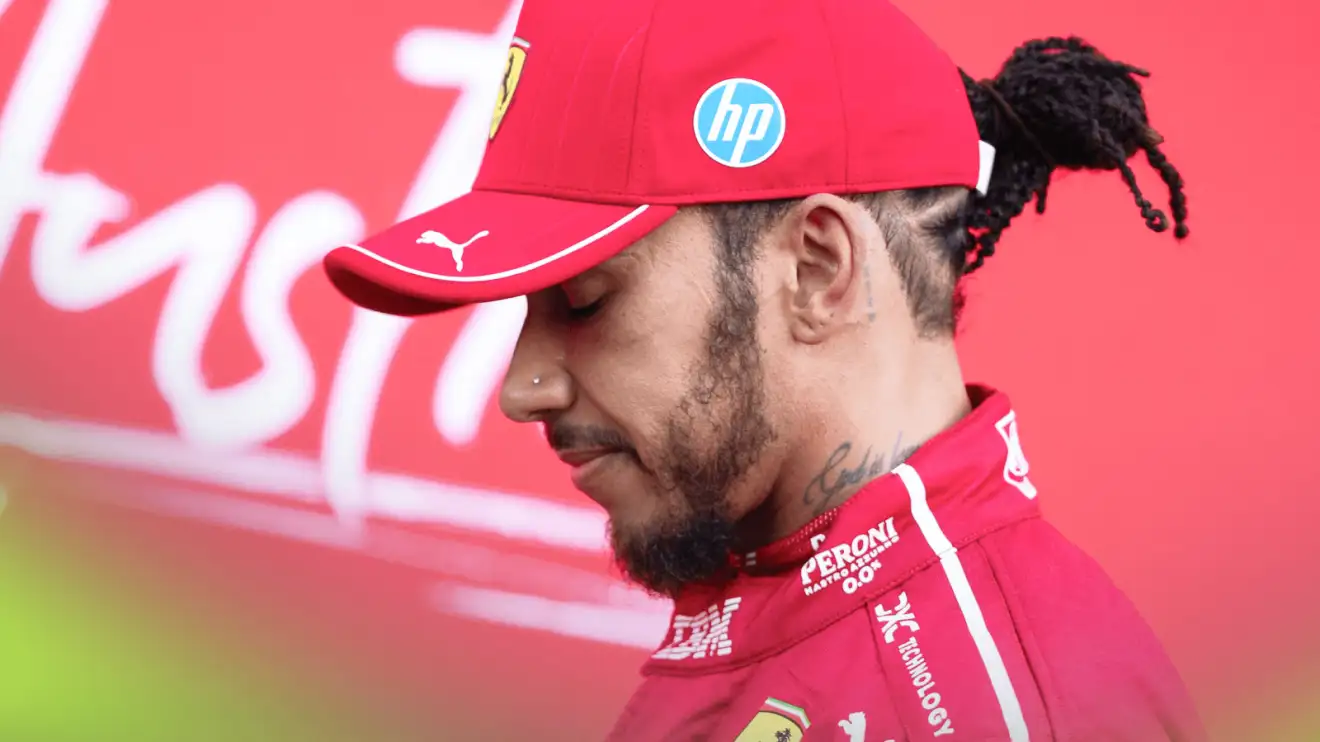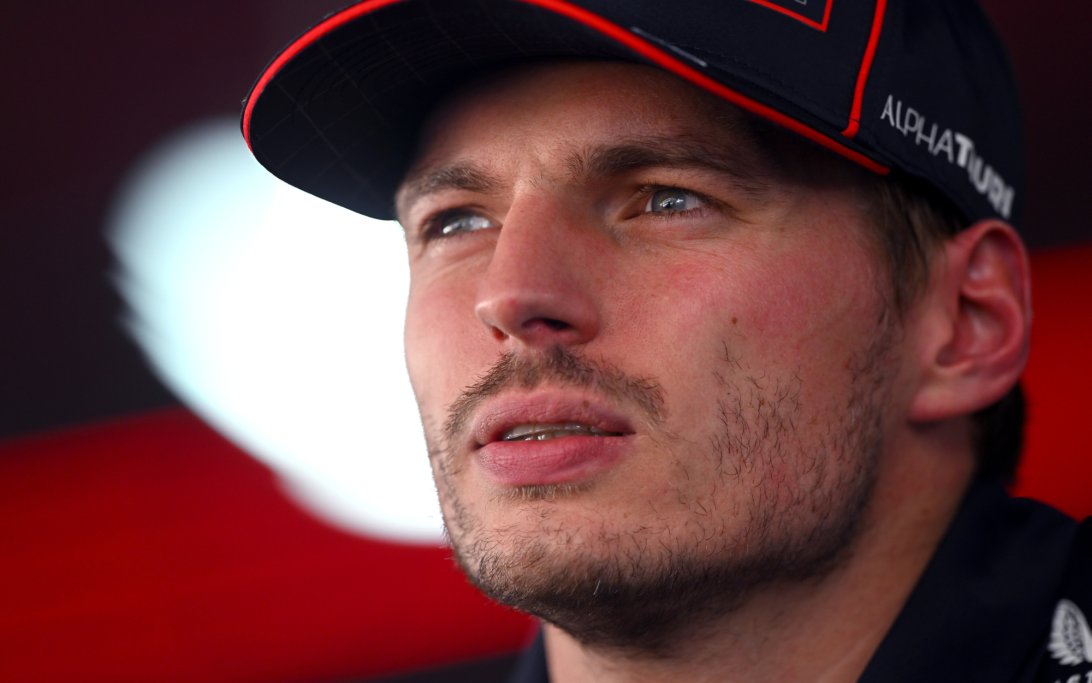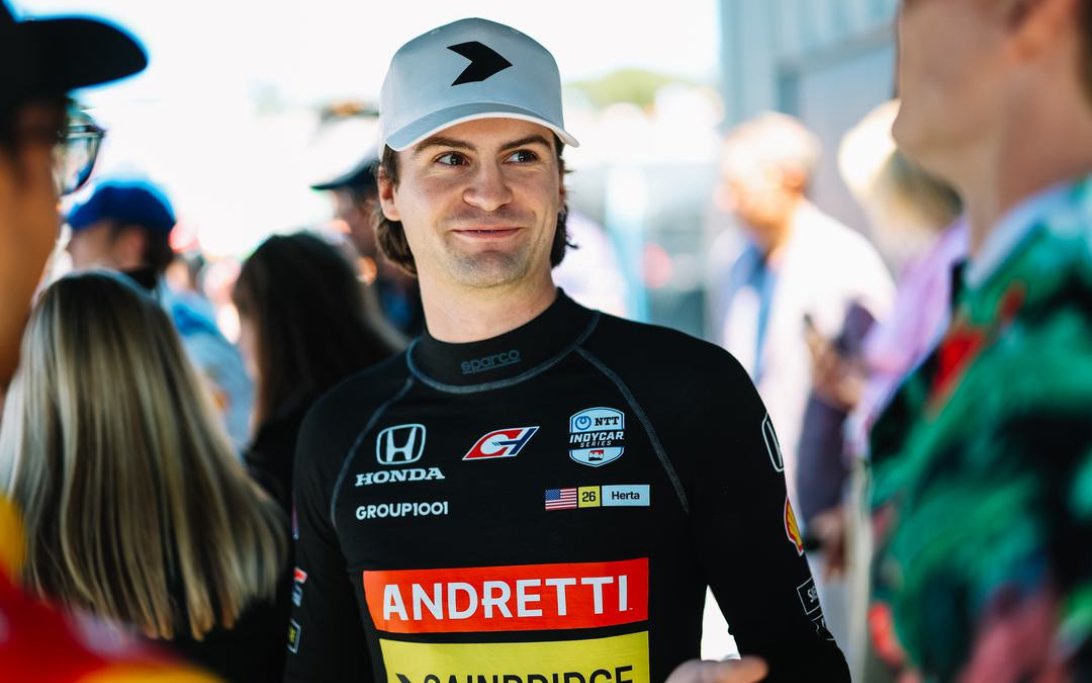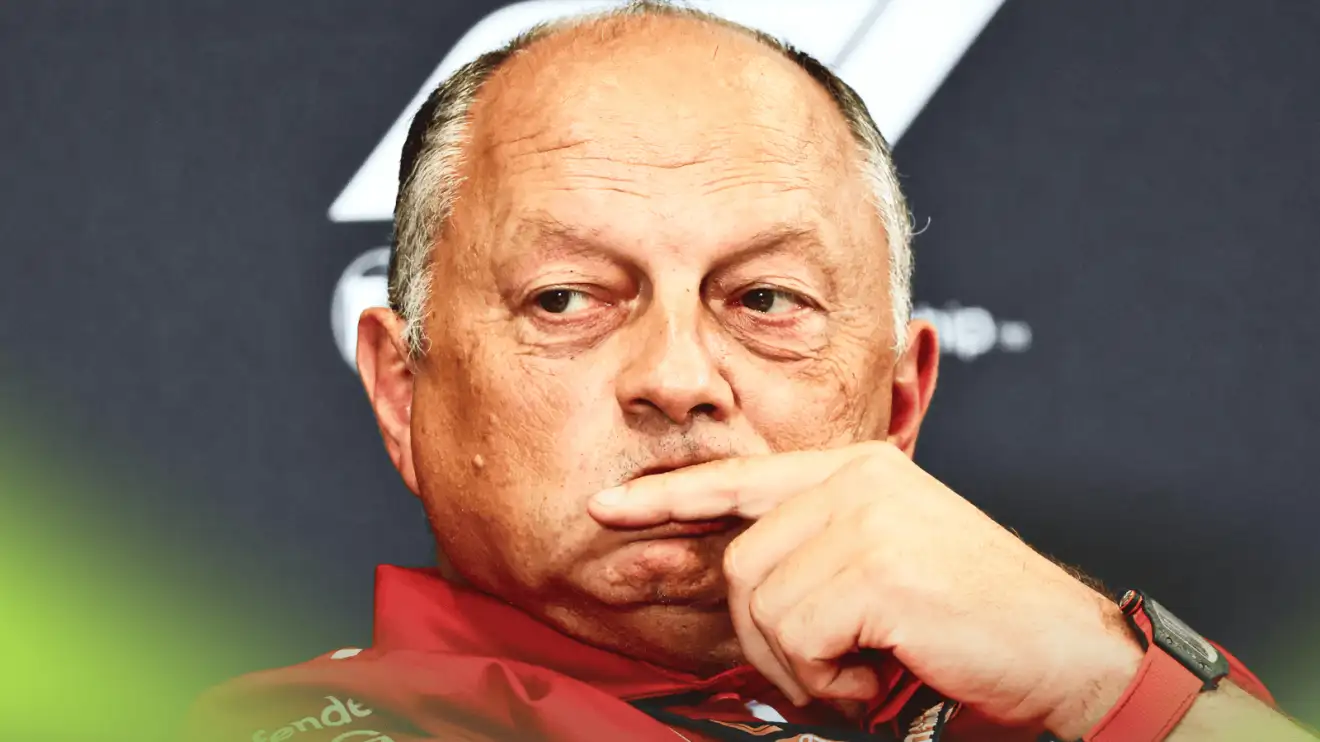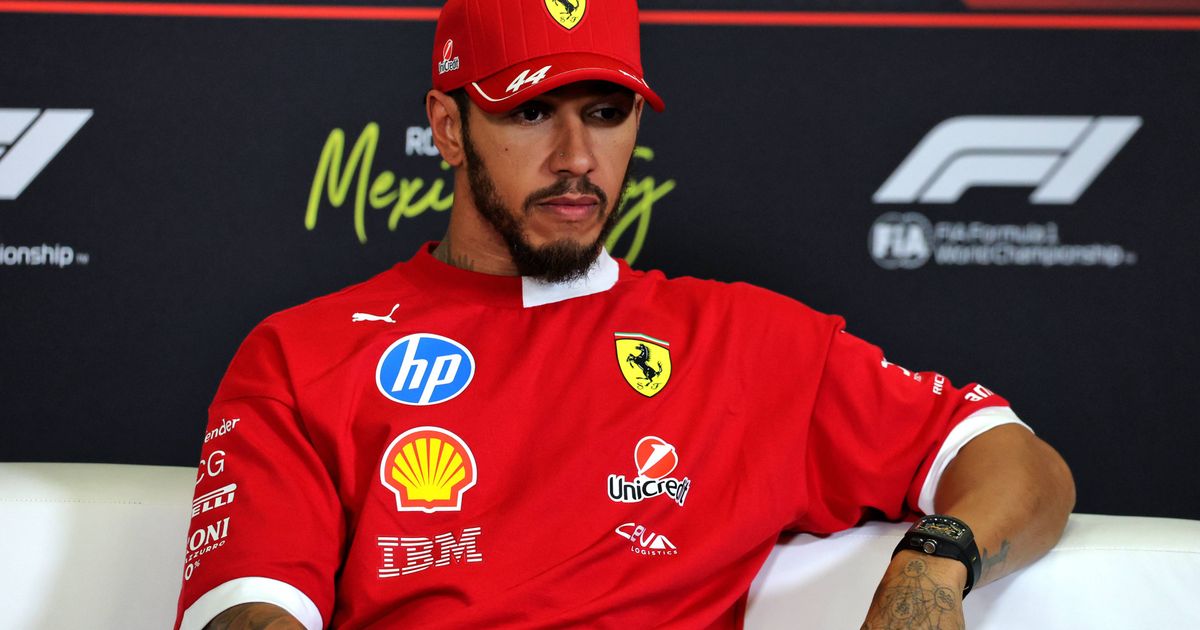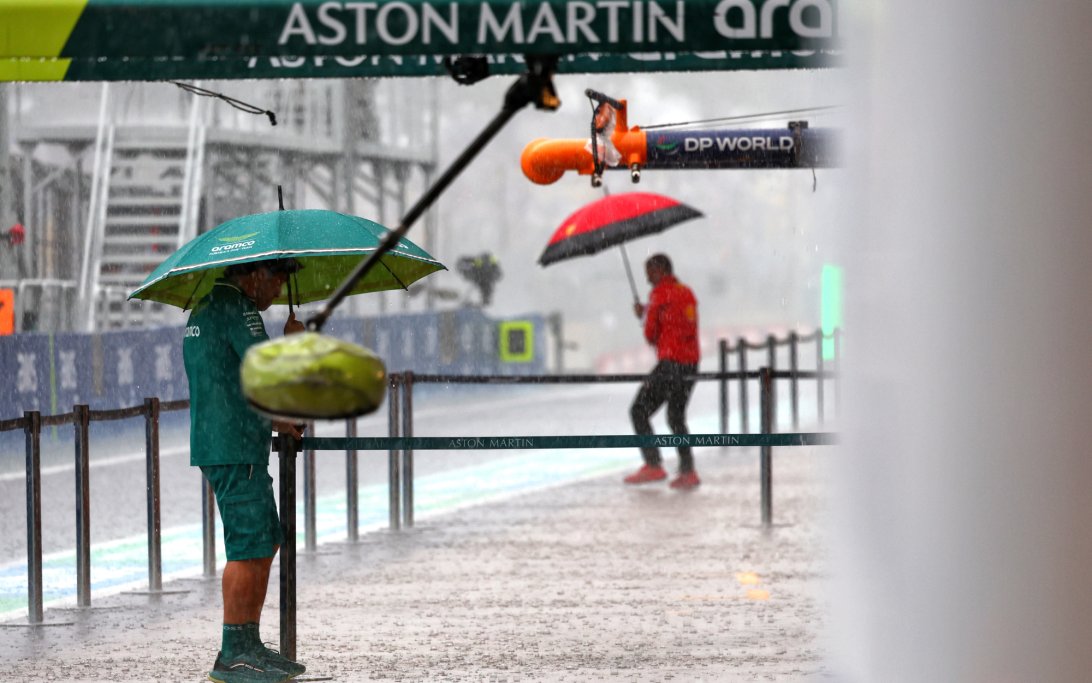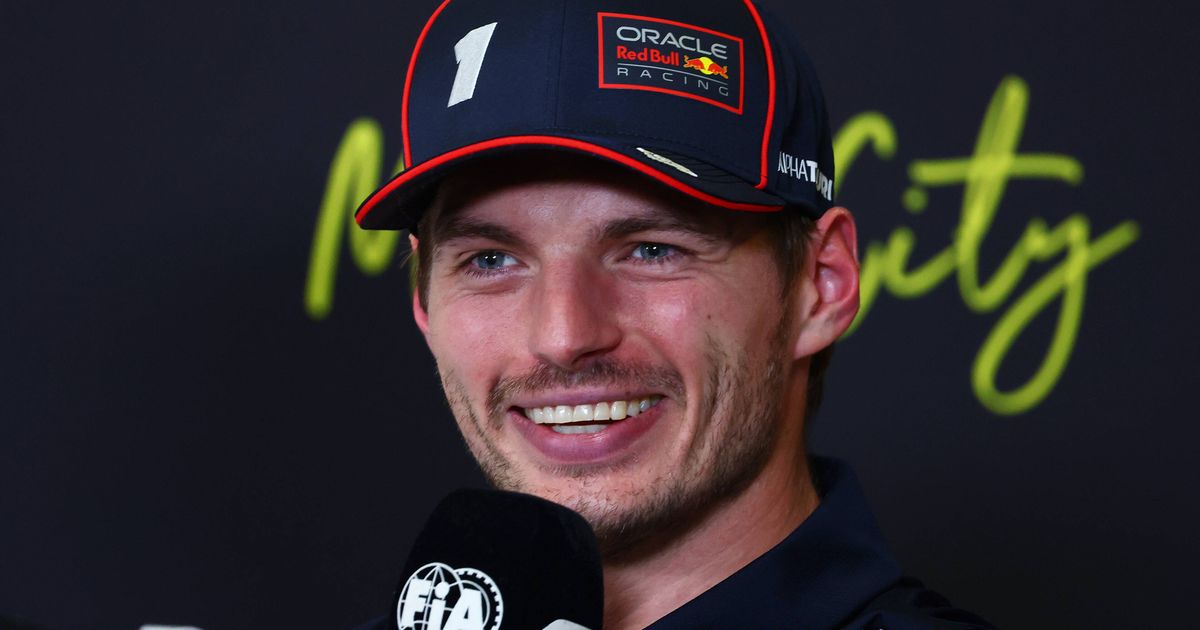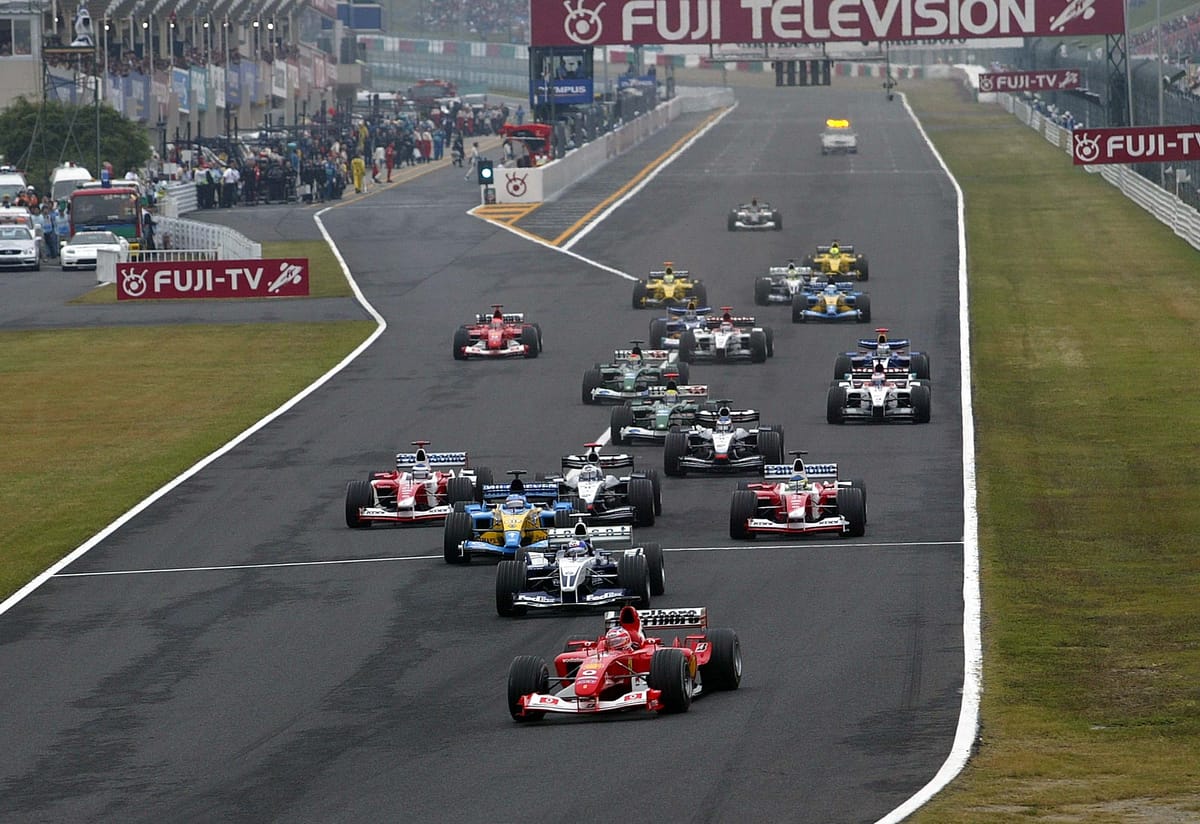
Four Lessons from F1's Closest Three-Way Title Fights
With four rounds remaining, Formula 1 2025 is poised to deliver the hybrid era's first genuine three-way title battle. Max Verstappen has unexpectedly thrust Red Bull into McLaren's internal fight, closing his 104-point deficit from five rounds ago to just 36 points.
Why it matters:
As the 2025 F1 season heads into its final four races, the emergence of a three-way title fight involving Max Verstappen, Lando Norris, and Oscar Piastri electrifies the championship. This rare scenario, reminiscent of classic F1 seasons, promises unpredictability and high stakes, fundamentally reshaping strategies for all contenders. Lessons from past multi-driver battles highlight critical factors like avoiding stumbles, managing intra-team dynamics, leveraging teammate support, and recognizing that the championship is never decided until the final lap.
One Stumble Can Kill an Underdog's Bid:
Momentum and underdog status are powerful in sports. Verstappen, despite being a four-time world champion, fits this role given the scale of his comeback. However, history shows that a single misstep can be fatal.
- The Heinz-Harald Frentzen Case (1999): Frentzen, driving for Jordan, became a surprise contender against Mika Hakkinen (McLaren) and Eddie Irvine (Ferrari). After a victory at Monza put him just 10 points behind the leaders, he secured pole at the Nürburgring. However, his Jordan famously stopped during the race due to an anti-stall system he forgot to deactivate, a crucial error that devastated his championship hopes.
- Verstappen's Current Situation: Similar to Frentzen, Verstappen cannot afford any significant missteps in the upcoming races. A single DNF or a poor result could extinguish his underdog title dream, emphasizing the precarious nature of his chase.
Intra-Team Fights Can Be a Hindrance:
Classic three-way title fights, like 1986 and 2007, often saw a single-focused driver (Alain Prost in '86, Kimi Räikkönen in '07) triumph over warring teammates. McLaren's current situation with Norris and Piastri presents a similar dynamic.
- McLaren's Challenge: While Norris and Piastri's relationship remains strong, McLaren's commitment to fairness between its drivers makes them vulnerable. They have primarily taken points off each other, with neither consistently finishing ahead of Verstappen since the summer break. This echoes Williams in 1986 (Mansell vs. Piquet) and McLaren in 2007 (Alonso vs. Hamilton).
- Close Competition: The McLaren teammates are remarkably evenly matched, with a median average qualifying gap of just 0.014 seconds in Piastri's favor and Piastri having seven wins to Norris's six. This tight internal battle, while showcasing their talent, inadvertently plays into Verstappen's hands.
Teammate Support Can Be Critical:
The ability to use a teammate as a wingman can be decisive in a tight championship battle. Currently, Verstappen is the only contender who consistently benefits from such support from Yuki Tsunoda.
- Räikkönen's 2007 Triumph: Felipe Massa's loyal support was instrumental in Räikkönen's 2007 title. Massa dutifully slotted behind Räikkönen for a 1-2 finish in Brazil, preventing Fernando Alonso from securing a higher position and securing Räikkönen the championship by a single point.
- Barrichello's Role in 2003: Rubens Barrichello inadvertently thwarted Michael Schumacher's rivals in 2003. By denying Räikkönen victory at the Suzuka finale, he ensured Schumacher's championship despite a messy race. His presence also contributed to Juan Pablo Montoya's costly penalty.
- McLaren's Potential: While Tsunoda isn't consistently quick enough to directly support Verstappen on track, if one McLaren driver drops out of contention, the team's philosophy suggests they would deploy the remaining driver to assist their teammate against Verstappen. This could see a Piastri or Norris 'be the Barrichello' in a critical moment.
It's Never Over Until It's Over:
Three-way title fights often lead to dramatic, last-minute turnarounds. The pressure of watching multiple rivals can lead to unexpected stumbles.
- 1986 Adelaide Finale: Nigel Mansell's dramatic puncture and Williams's reactive pit stop for Nelson Piquet handed the title to Alain Prost, showcasing a sudden swing of fortune.
- 2007 Title Decider: Lewis Hamilton's pit entry retirement in China and a gearbox glitch in Brazil allowed Kimi Räikkönen to snatch the championship from him at the very last moment, despite Hamilton leading for much of the season.
- 2010 Four-Way Fight: In what was essentially a three-way battle between Mark Webber, Fernando Alonso, and Sebastian Vettel, cautious strategies by Alonso and Webber opened the door for Vettel to become champion, having never led the points until the final race.
- Verstappen's Hope: This history offers Verstappen immense hope. If he can maintain contention and keep McLaren under pressure, historical precedent suggests a late-game snatch of the title is possible, even if it currently seems like a long shot.
Original Article :https://www.the-race.com/formula-1/four-lessons-from-three-way-f1-title-fights/


